Drug and Alcohol Rehab in Thailand
Quick Links for drug and alcohol rehab in Thailand
- What does drug and alcohol rehab cost in Thailand?
- Common therapies offered as a part of drug and alcohol rehab
- Holistic treatments at drug and alcohol rehab in Thailand
- The admissions process for drug and alcohol rehab in Thailand
- How long does drug and alcohol rehab in Thailand last?
- Will my medical or health insurance cover drug and alcohol rehab in Thailand?
- Ten drug and alcohol rehab centres in Thailand
- Speak to Rehab Recovery about suitable drug and alcohol rehab in Thailand today
For some individuals, addiction treatment within their own country is not always the most suitable option, nor will it be the most efficient or effective form of care for these people.
This means that, in some cases, individuals may start to look at other options for the future of their rehabilitation journey – sometimes in other areas of the country, and sometimes in completely different countries.
This is what this webpage aims to explore: drug and alcohol rehab in Thailand, how it may be different from rehabilitation in the individual’s home country, and how an individual may apply for this form of care.
In most cases, individuals will opt for rehabilitation treatments outside of their home country due to the environment that may surround them while they are undertaking their rehabilitation journey.
This can include individuals with a difficult home life e.g., domestic issues and co-dependency, but can also include other social factors such as the individuals’ public image or high profile.
This may make recovery in a familiar location very difficult due to the lack of privacy that they may face.
What does drug and alcohol rehab cost in Thailand?
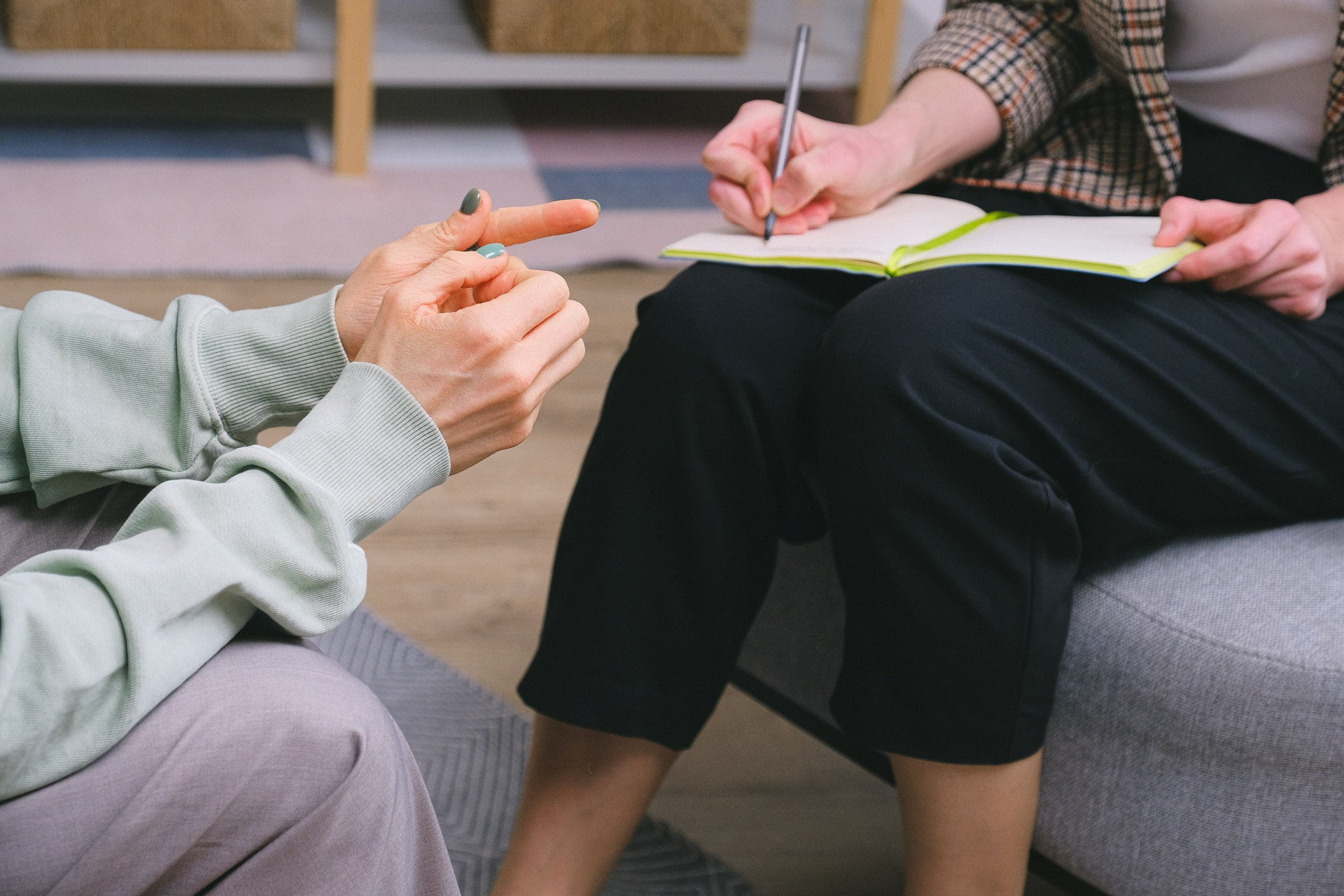
As in within the UK, for example, the cost of an individual’s time in rehabilitation will vary depending on the specific treatments that they partake in, the form of rehabilitation that they choose (or are recommended) i.e., inpatient or outpatient care, as well as countless other individual factors and influences that come into play.
Most of the cost of drug and alcohol rehab in general is due to the type of accommodation that an individual may choose to stay in during care.
If the individual chooses to remain living at home during their rehabilitation journey, then the accommodation costs will be far less than an individual who chooses to or is recommended to stay in residential rehabilitation centres.
In most cases, individuals are recommended to attend residential drug and alcohol rehab, as this has been shown to be the most effective form of rehabilitation, though only when an individual adheres to their rehabilitation programme and does not cut this short or commit to full motivation. [1]
Common therapies offered as a part of drug and alcohol rehab
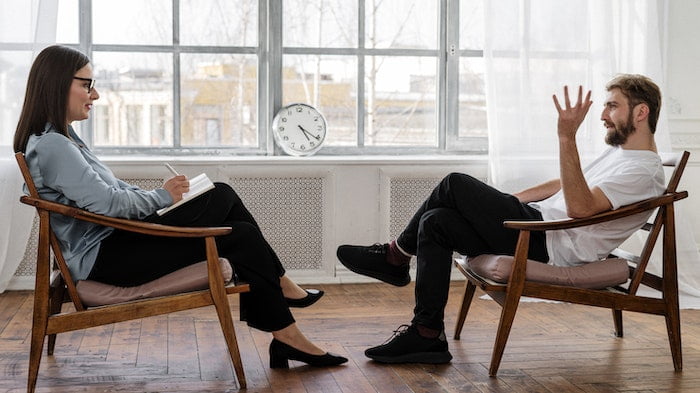
For the same reason that attending drug and alcohol rehabilitation in Thailand may not be suitable for every individual struggling with addiction, there is no ‘one size fits all’ approach to rehabilitation.
This means that, although there are multiple forms of treatment available for individuals with many different needs, not every individual will partake in the same forms of care, therapy, and treatment as every other individual.
In many cases, individuals will be scheduled to partake in several different therapy techniques based on their initial rehab assessment, but these are never set in stone and therapy programmes can be changed and tailored to suit the individual’s specific needs.
However, this is not to say that there are some forms of treatment and therapy that are beneficial for most individuals.
For example, Cognitive Behavioural Therapy (CBT) is known especially beneficial in the field of addiction as it is very flexible and tailorable, meaning that many individuals can partake in this one-to-one therapy and gain valuable insights and coping mechanisms.
One study in particular noted the ‘significant influence’ of CBT [2] on recovering individuals’ recovery progress, the reduction of substance use, and alcohol addiction aid specifically.
Holistic treatments at drug and alcohol rehab in Thailand
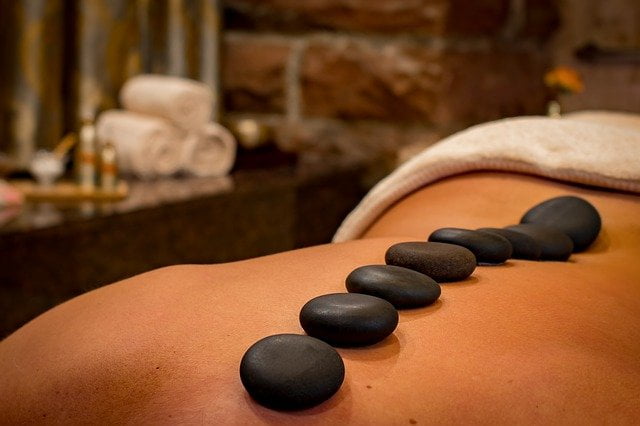
As a more modern form of drug and alcohol rehab treatment, holistic treatments are becoming more and more prevalent within a variety of rehabilitation centres across the globe.
This is especially true within Thailand – a country that is heavily influenced by spirituality and mindfulness.
This makes these types of treatment especially common in Thailand, whether this is due to the relation between these treatments and the spirituality of the country, or due to their practical and flexible usage.
Holistic treatments refer to therapy which can be partaken in as part of another activity that an individual may greatly enjoy or has enjoyed in the past.
The most common types of holistic treatment include yoga and meditation but can also apply to specialist treatments such as art therapy, music therapy and equine therapy, for example.
Holistic therapies should always be used in conjunction with other forms of care, as this can lead to a higher quality of life for individuals recovering from addiction. [3]
These types of treatment should be discussed with an addiction advisor or medical professional before selecting a type of rehabilitation – should the individual feel as though these forms of care would be beneficial to them.
The admissions process for drug and alcohol rehab in Thailand

The admissions process for drug and alcohol rehabilitation is fairly standard, no matter whether the individual is opting for rehab in their home country or abroad.
The only parts of the process that may change when it comes to applying for rehab in Thailand is the question of whether or not an individual may be able to travel to Thailand for treatment, if they can obtain any necessary visas, and how they intend to travel there and back.
During an admissions process, individuals will be asked many questions about their addiction, the substance they are addicted to, the history of this and their current living environment.
If the individual has chosen to attend rehabilitation in a foreign country such as Thailand, they may be asked additional questions about their travel history, the most suitable form of transportation and any relevant travel insurance.
This should all be discussed before an individual makes any final decisions about the future of their drug and alcohol rehab journey.
How long does drug and alcohol rehab in Thailand last?

There is no set period of time that an individual will spend in drug and alcohol rehab – this is entirely down to individual differences and their specific situation.
For example, within the three stages of care (detoxification, rehabilitation/therapy and aftercare), there are endless scenarios in which one individual may spend longer within one stage when compared to others.
This is extremely specific to each individual case and often depends on the substance(s) that the individual is addicted to, their history of addiction and their capacity to maintain sobriety within care.
Below are some rough estimations of the time spent across each stage, though this will vary significantly from person to person:
- Detoxification – this is the stage in which an individual will withdraw from the substance that they have been addicted to. Depending on the substance(s), this can take varying amounts of time. Some detoxes, for example, can be completed within 7 days, though this can quickly increase if the individual requires additional medical interventions or begins to show symptoms of severe withdrawal – something common with substances such as alcohol and heroin.
- Rehabilitation/therapy – the total recommended stay within drug and alcohol is around 28 days, making the recommended time in this stage to be around 21 days. Again, this will vary depending on the different treatment programmes that an individual is participating in – some therapy programmes may be longer-term, whereas others may be a set term e.g., a one-week programme within the individual’s stay.
- Aftercare – this is the stage of rehabilitation that has the most variation in length. This is because some individuals can describe their recovery journey as ‘long-term aftercare’, but also because every individual will have different requirements for this stage of care. Some individuals may prefer a more independent care programme, whereas others may require more contact e.g., regular meetings with an addiction support officer.
Will my medical or health insurance cover drug and alcohol rehab in Thailand?
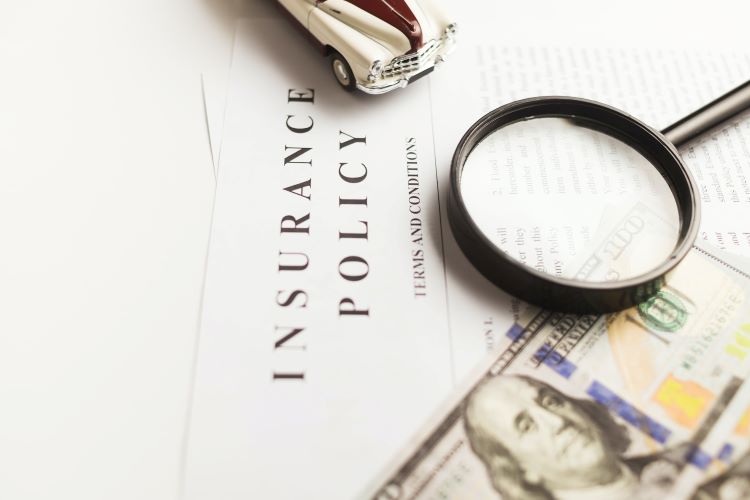
Medical/health insurance is something that will, again, vary greatly between individuals. In most cases, these differences are due to the healthcare plans that these individuals have in place, as well as the provider of this service.
Healthcare insurance generally is supplied by the individual’s place of work, or it is something that they have purchased personally.
Depending on the way in which the individual has applied to this type of insurance will affect the types of care that it covers.
However, no matter what type of insurance an individual holds, they will always be able to ascertain what is and what is not covered by their particular plan.
This can be done by contacting the source of the insurance directly to check specific details, but if the individual is unsure about their provider, then they can ask for this information through their place of work.
Not all companies offer healthcare insurance as a part of their employment, but those who do have this benefit should ensure that they check their specific plan’s coverage before they make any commitments to rehabilitation and payment for this.
Notably, it is unlikely that health insurance would cover the cost of addiction treatment abroad, especially if there are ample addiction treatment services available within one’s country of residence.
Ten drug and alcohol rehab centres in Thailand

Thailand is one of the most unique locations in the world for attending rehabilitation and offers a huge variety of care, with rehab centres covering detoxes, residential care and outpatient options.
The following subheadings outline 10 first-class drug and alcohol rehabilitation centres in Thailand, each of which can offer individuals a huge range of treatments and support for their addiction struggles.
These treatment centres cover a wide range of addiction specialisations, as well as being able to treat a wide range of effects from addictive behaviour through a broad variety of treatment types.
1. Holina Rehab
Holina Rehab is located within Surat Thani with an exquisite beachside location and a holistic approach to care.
Marketed as a ‘dual treatment residential facility’, Holina Rehab offers support for individuals struggling with trauma alongside their addiction.
This is common, as addiction can have a huge range of impacts to an individual’s mental health – something which is vital for treatment centres to focus on.
With the application of a non-religious form of the 12-step programme, Holina also heavily promotes mindfulness within their treatment programmes, drawing from both Thai Buddhism as well as other spiritual practices.
Holina Rehab states that a client will generally attend around 6-8 hours of one-to-one therapy per week, as well as an additional 10-12 hours in group therapy – also known as talking therapy – alongside a varied selection of holistic treatments and relaxing activities.
2. Treehouse Thailand
From a slightly different approach, Treehouse Thailand is one of the only treatment centres within Thailand that offers neurofeedback – a brain mapping session that can help identify different mental health behaviours that may displayed by an individual.
This enables a greater level of customisation of care programmes which is where Treehouse Thailand thrives.
The centre was created to fill in the gap in the market for medication-free, holistic, and personalised rehabilitation treatments in Asia, and this is something that Treehouse Thailand has been committed to ever since.
The major difference between this treatment centre and other treatment centres across Thailand is its capacity. At the time of writing, Treehouse Thailand has capacity for 8 individuals.
Though this is immeasurably beneficial to those who can enter rehabilitation at the most suitable time, it can be a challenge in some cases where an individual needs the care that Treehouse Thailand can offer, but there may be a waiting list.

3. The Hills Rehab
The Hills Rehab is one of the most private and well-facilitated rehabilitation centres in Thailand, located in Chiang Mai.
This is mainly due to the onsite hospital that is available for clients recovering within this centre but also encompasses the private villas that individuals reside in while undergoing treatment.
Specifically constructed with thought to the tranquillity and peace of the surrounding areas, The Hills Rehab is able to offer onsite detoxification sessions, a private gym, spin classes, as well as boxing.
In addition, The Hills Rehab offers weekly excursions around the local area, introducing patients to the well-known and famous locations that surround them.
These excursions include bike rides, elephant bathing, golf, rafting, and authentic cooking classes.
4. Horizon Rehab Centre
Combining aspects of both Eastern and Western addiction treatments and programmes, Horizon Rehab Centre is a modern and luxurious rehabilitation centre on the outskirts of Bangkok.
With a focus on evidence-based therapies and treatment for both substance and behavioural addictions, Horizon Rehab Centre has a dual diagnosis approach, meaning that they also focus on and treat any additional and co-occurring mental health issues.
Commonly recognised and treated mental health issues include anxiety, depression, and Post-Traumatic Stress Disorder (PTSD).
In addition to individual addiction counselling, an individual can also expect to partake in group/talking therapy, mindfulness practises, family therapy and many other support programmes that are tailored to them.

5. Phuket Island Rehab
Advertised as a ‘recovery sanctuary’ and ‘budget-friendly’, Phuket Island Rehab treats addiction and dual diagnoses with a variety of medical and psychiatric practises.
Like some other rehab centres previously listed, Phuket Island Rehab also offers excursions as a part of its holistic approach to care.
In addition, they also have a smaller capacity, only being able to support 12 patients through recovery at once.
However, this does come with an immense benefit to those who find a suitable place at a suitable time, as these individuals will have access to around-the-clock support as well as immediate care for any issues that may arise.
Phuket Island Rehab offers a thorough medical assessment as a part of their rehab care, as well as medical interventions and medication-assisted treatment (MAT) in the cases where it is most needed.
6. Kembali Recovery Centre
Though not located in Thailand, Kembali Recovery Centre in Bali is often recommended to individuals who may also be looking for care in Thailand.
Founded and run by a mother and son duo, Kembali Recovery Centre emphasises its “family owned and operated” nature, applying this to its treatment programmes and ethos within the centre.
The Kembali Recovery Centre can also only accommodate 8 patients within the centre, with spaces becoming available on Mondays every week.
This centre also applies a number of different approaches, focusing on the biological, psychological, social, and spiritual factors that may be impacting an individual during their recovery.
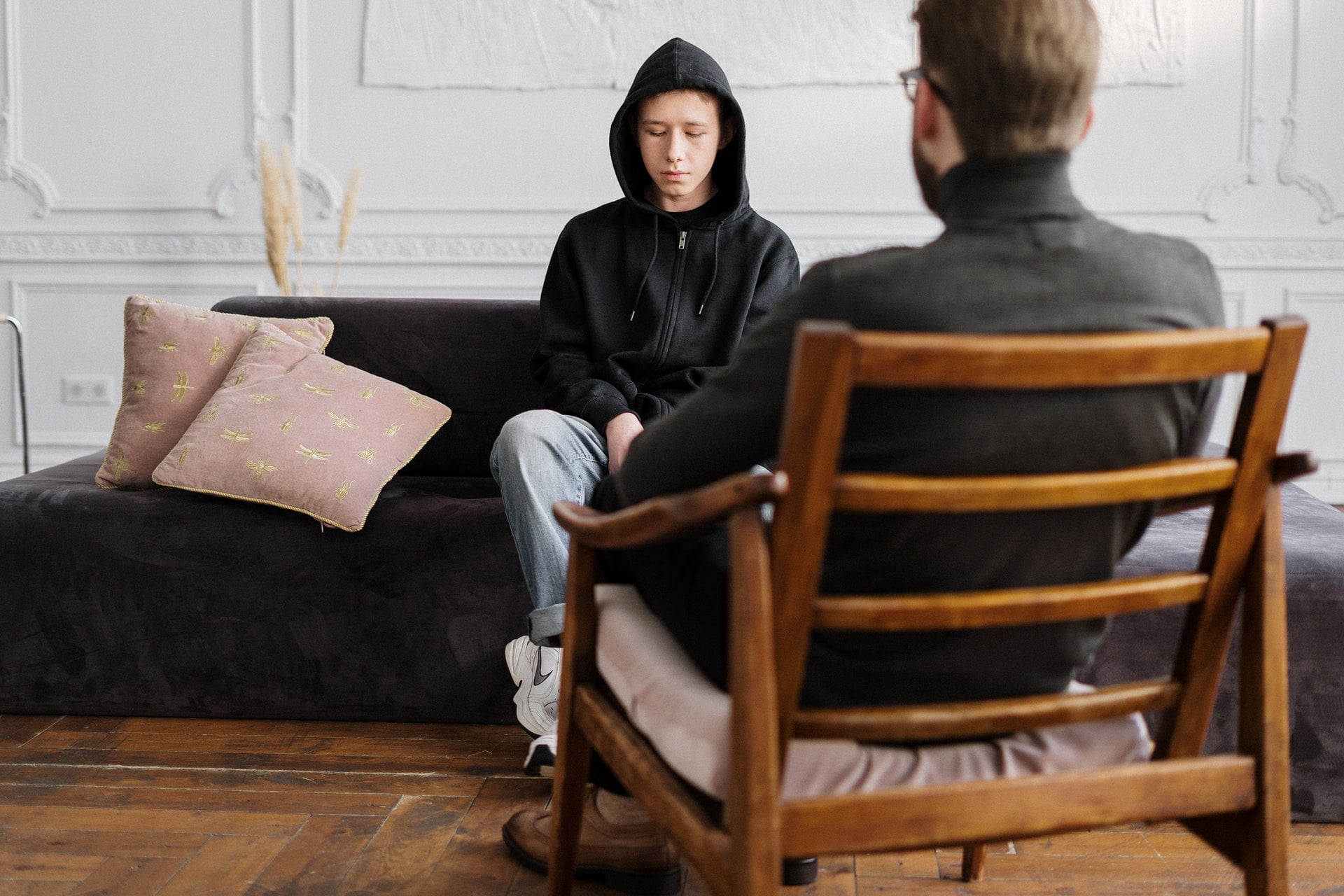
7. Miracles Asia VIP Treatment
Miracles Asia VIP Treatment is a private villa that offers recovery with the utmost privacy and discretion to one individual at a time.
This is the highest level of rehabilitation as, with only one individual recovering at a time, all attention and focus will be on this person and their needs.
This means that these individuals will be able to receive the highest form of care at a moments’ notice.
With specialist concierge services within the highly exclusive centre, Miracles Asia VIP Treatment is unique in its ability to cater to a range of individuals including celebrities, high-ranking professionals, athletes, and any other individual who may require this level of privacy and discretion during rehabilitation.
8. The Beekeeper House
The Beekeeper House in Chiang Mai combines both evidence-based treatment programmes and methods with an Eastern focus on spirituality and philosophy within a bespoke and ‘resort-like’ centre.
With a focus on ethical and top-tier care, The Beekeeper House looks at clinical psychology research as well as contemporary medicine to give the best form of care to the individuals who need it.
In this centre, an individual should expect to take part in yoga and meditation in order to support their holistic treatments.
With a slightly higher capacity of 16 bedrooms, this is not the smallest centre on the list, but it is by no means the largest.

9. The Dawn Rehab
Cited as ‘one of Asia’s only internationally accredited treatment centres’, The Dawn Rehab treats addiction and its associated mental health issues using a tailored approach to care and evidence-based treatments.
With accreditation from the American Accreditation Commission International (AACI), under their Psychiatric and Behavioural Health Services category, The Dawn Rehab makes use of both Western therapies and Eastern wellness practises – the blend of which can be tailored to each person’s individual needs.
At the time of writing, The Dawn Rehab is also able to accept a wide range of insurance providers including Cigna, Aetna, United Healthcare, and Bupa International.
10. The Cabin
Specialising in addiction and trauma, The Cabin in Chiang Mai offers support for many different types of addiction including drug and alcohol, internet, sex, food, gambling and shopping addictions, for example.
Their ‘Recovery Zones Treatment Method’ claims to have a 96% completion rate, though there are no statistics for the success of these cases.
The Cabin also employs methods such as CBT, mindfulness and the 12-step programme, meaning that there are a variety of different treatment programmes available, all of which can be tailored even further to accommodate the individuals’ specific needs and requirements.
Speak to Rehab Recovery about suitable drug and alcohol rehab in Thailand today

If you have any further questions about anything mentioned in this article e.g., drug and alcohol rehab in Thailand, addiction in general, paying for care, the stages of rehab, or any other related issue, then please do not hesitate to get in contact with Rehab Recovery today.
We have a team of friendly and professional staff standing by to offer free and confidential advice on any issues relating to addiction and rehabilitation, as well as being able to support the individual in their progression into the most suitable drug and alcohol rehab treatment for them.
To find out how we can help you or someone you know to find the best form of rehabilitation (whether this is in Thailand or anywhere else across the world), then call our addiction support hotline today on 0800 088 66 86
Rehab Recovery is here to help anyone who needs it, so please reach out sooner rather than later to receive the best support possible.
References for Drug and Alcohol Rehab in Thailand
[1] https://academic.oup.com/fampra/article-abstract/18/5/545/664894?redirectedFrom=PDF


